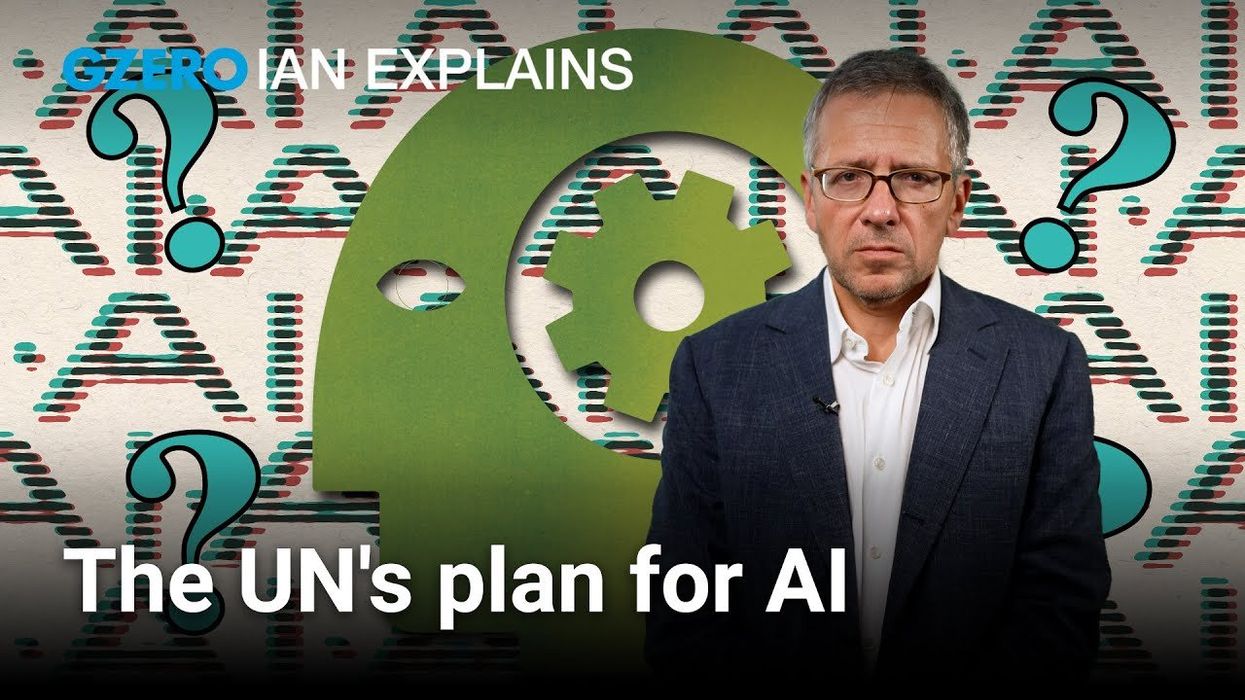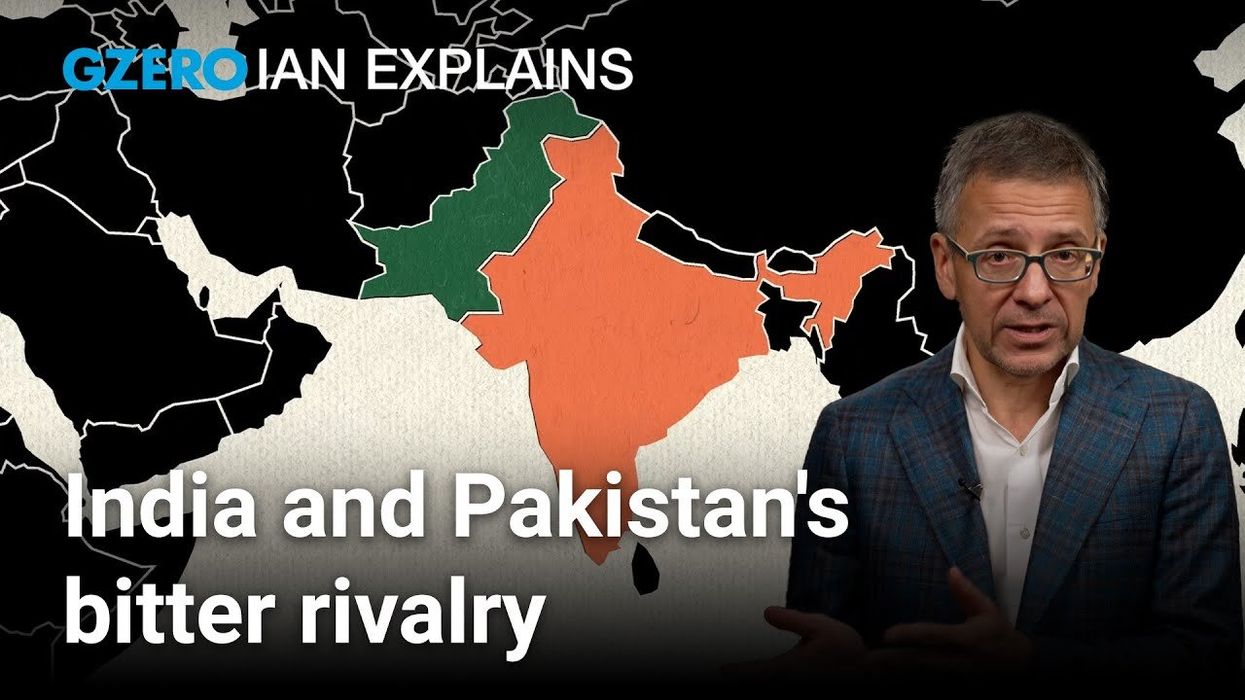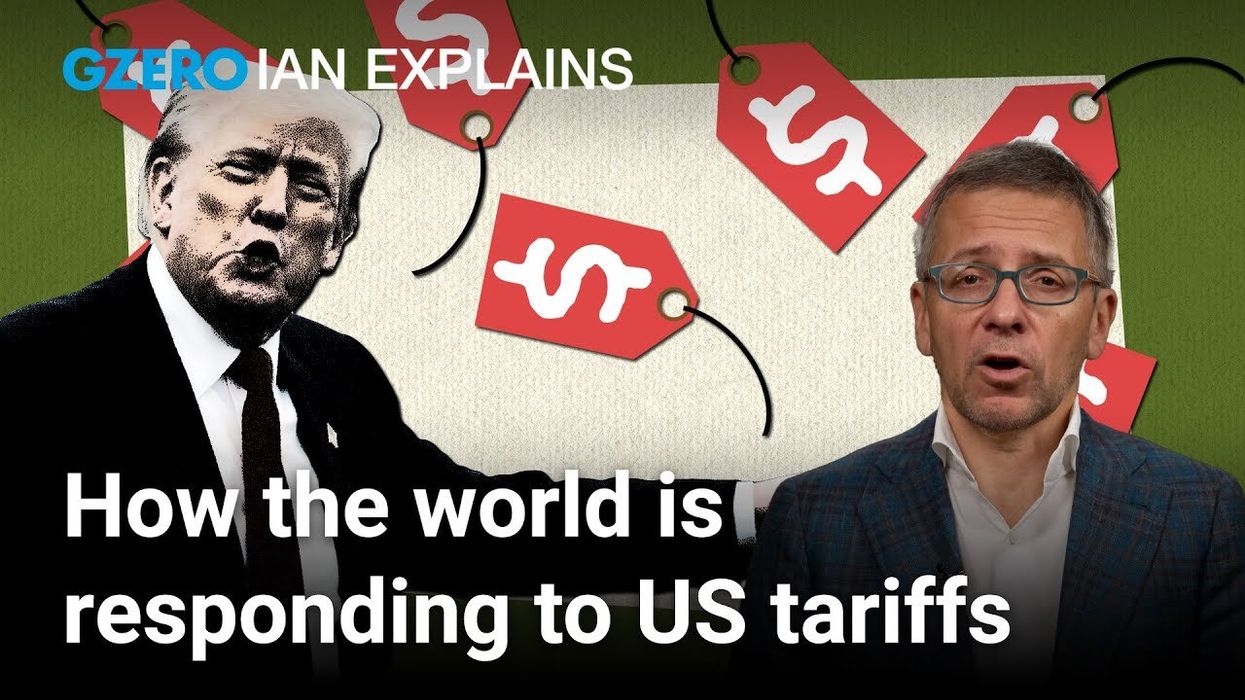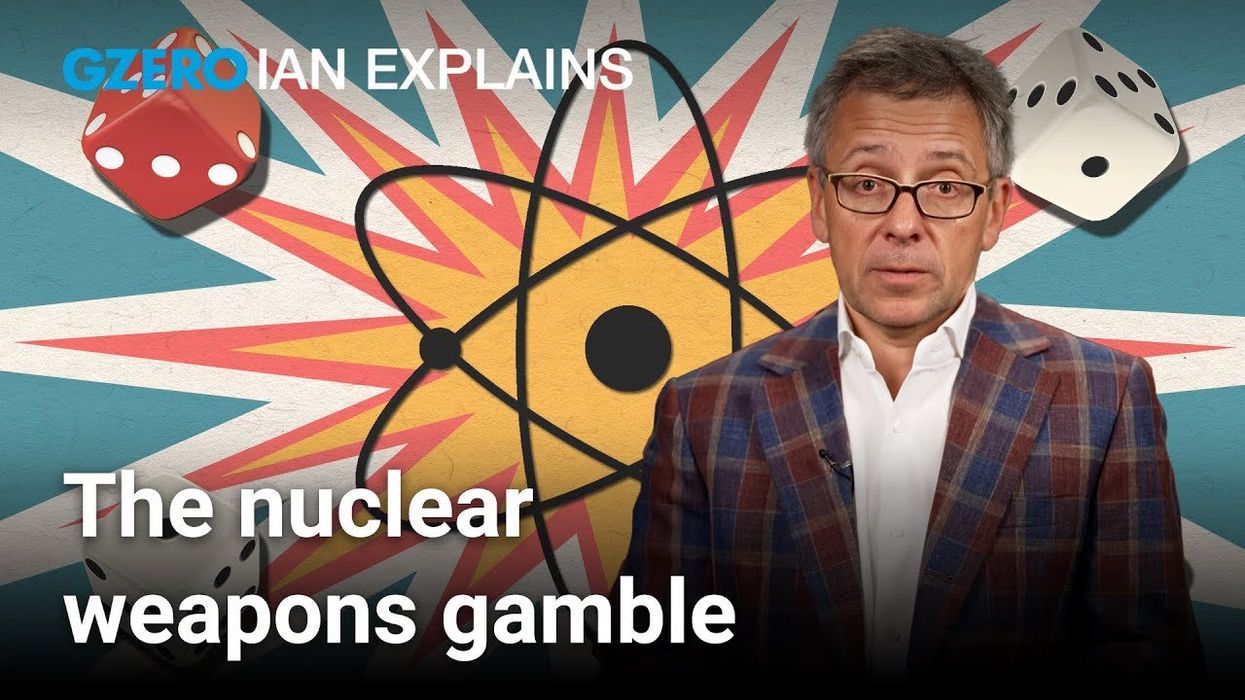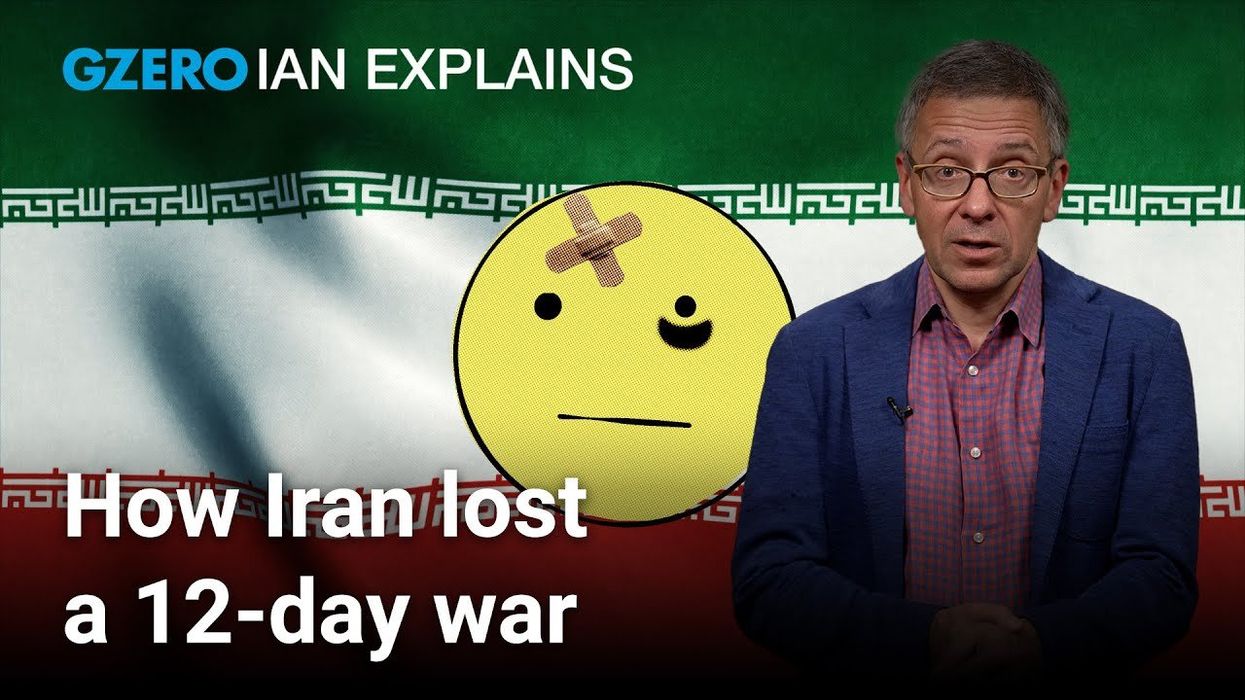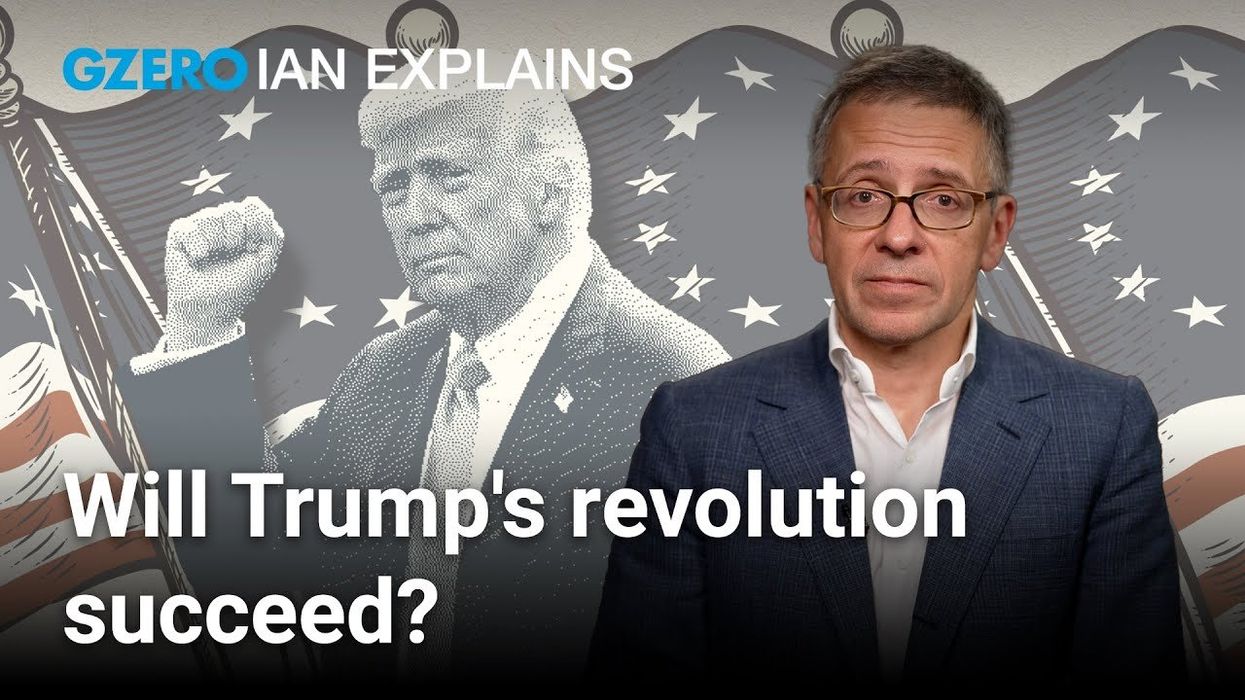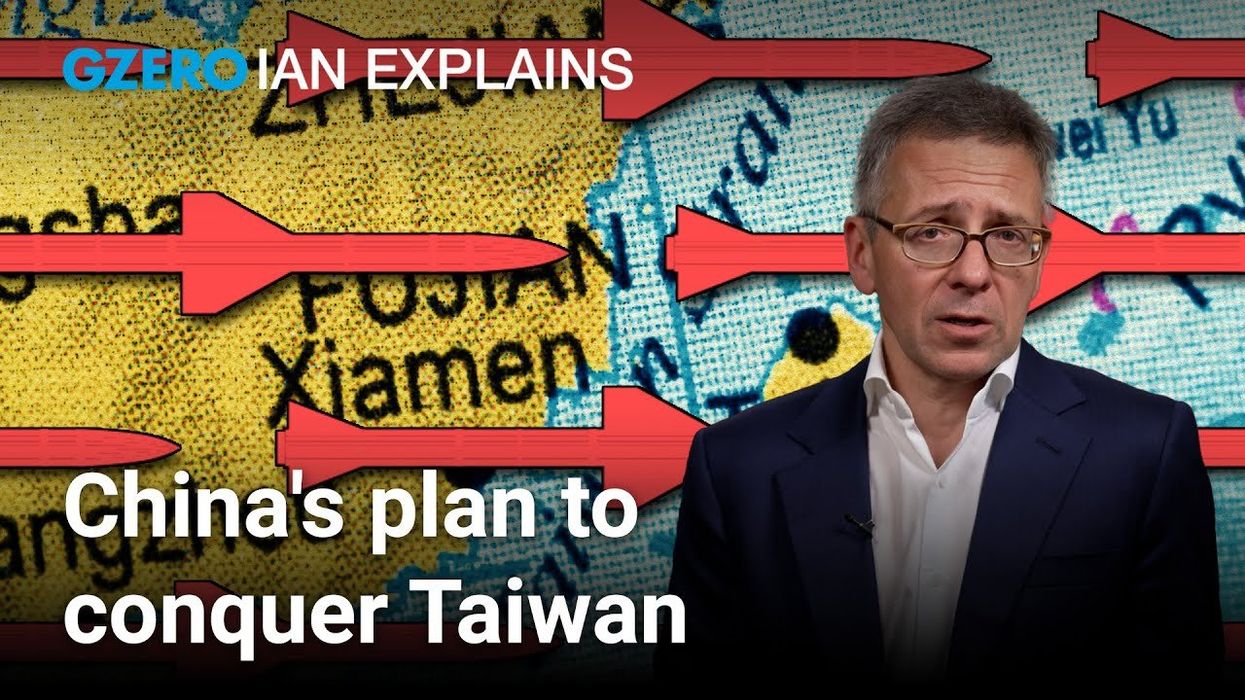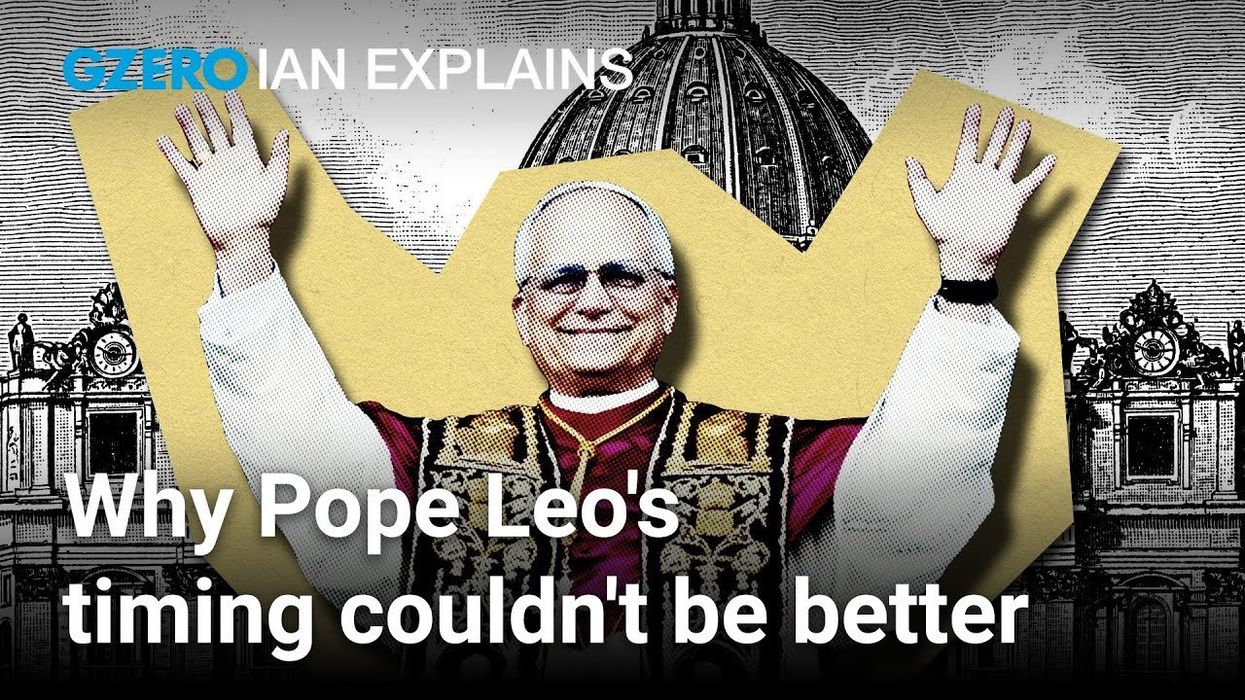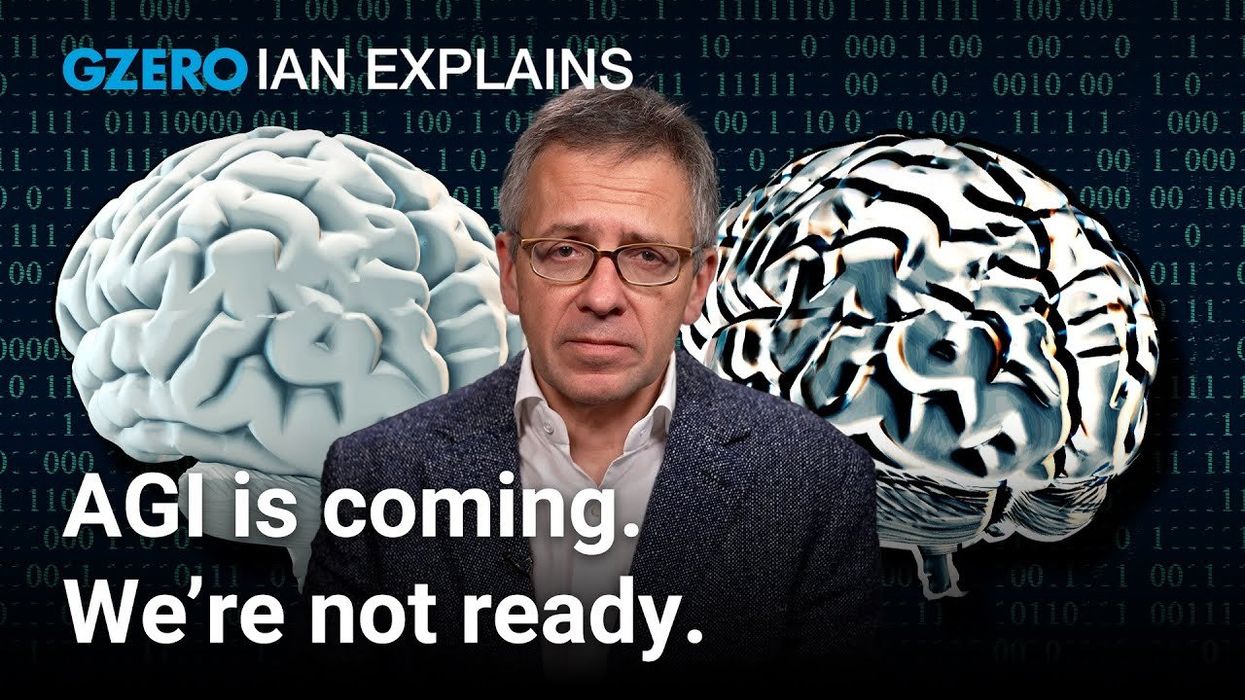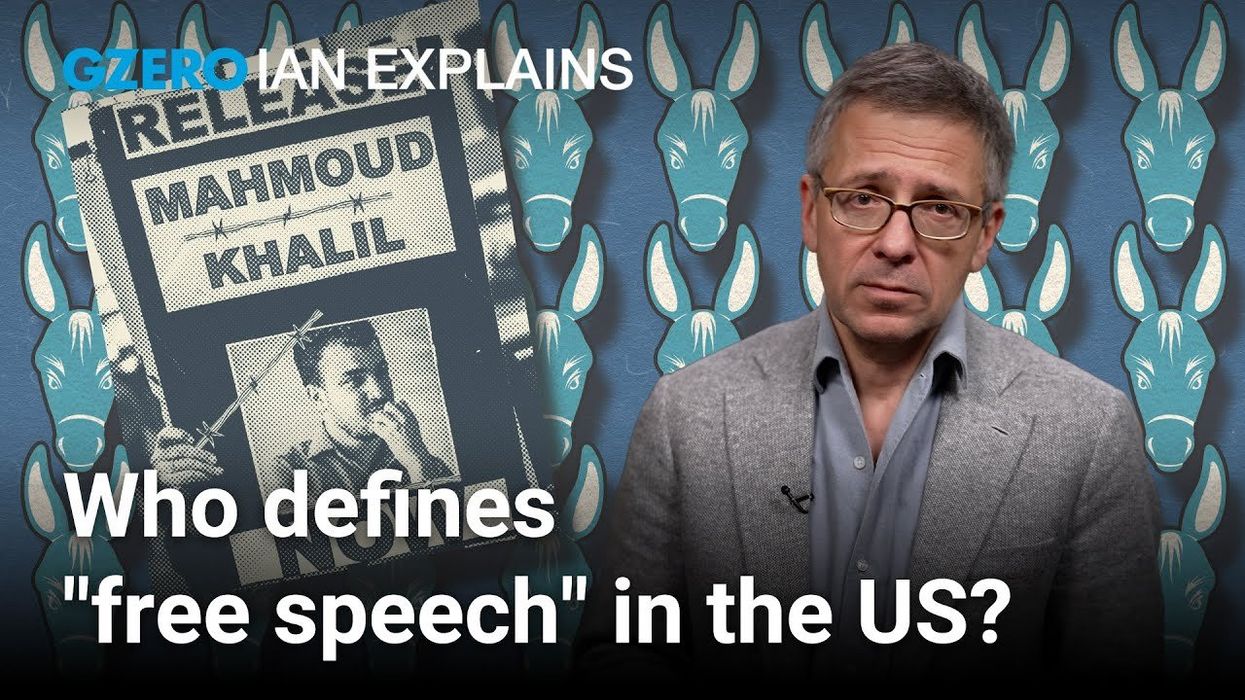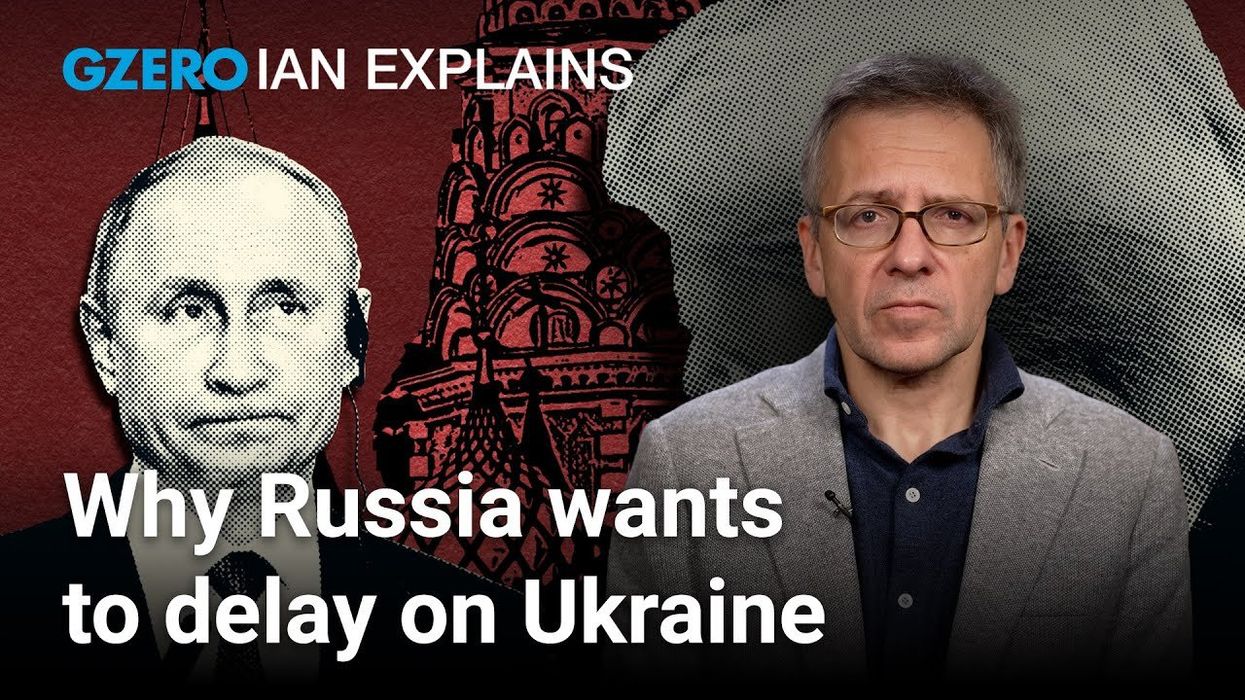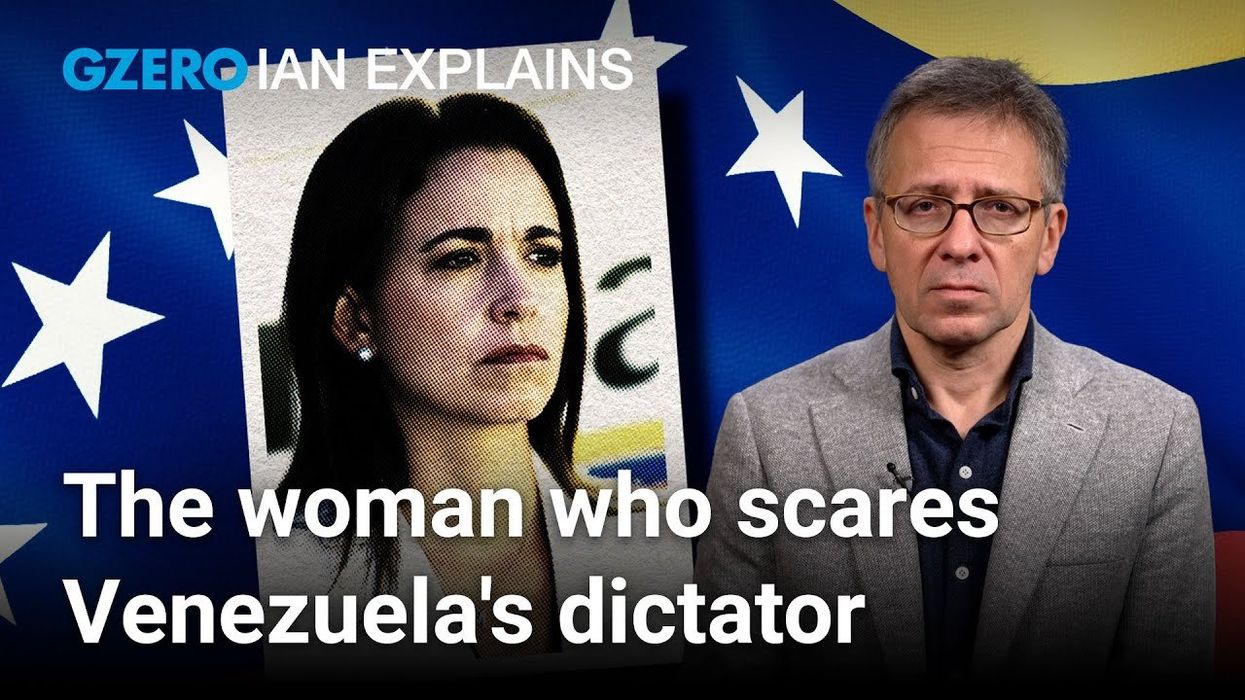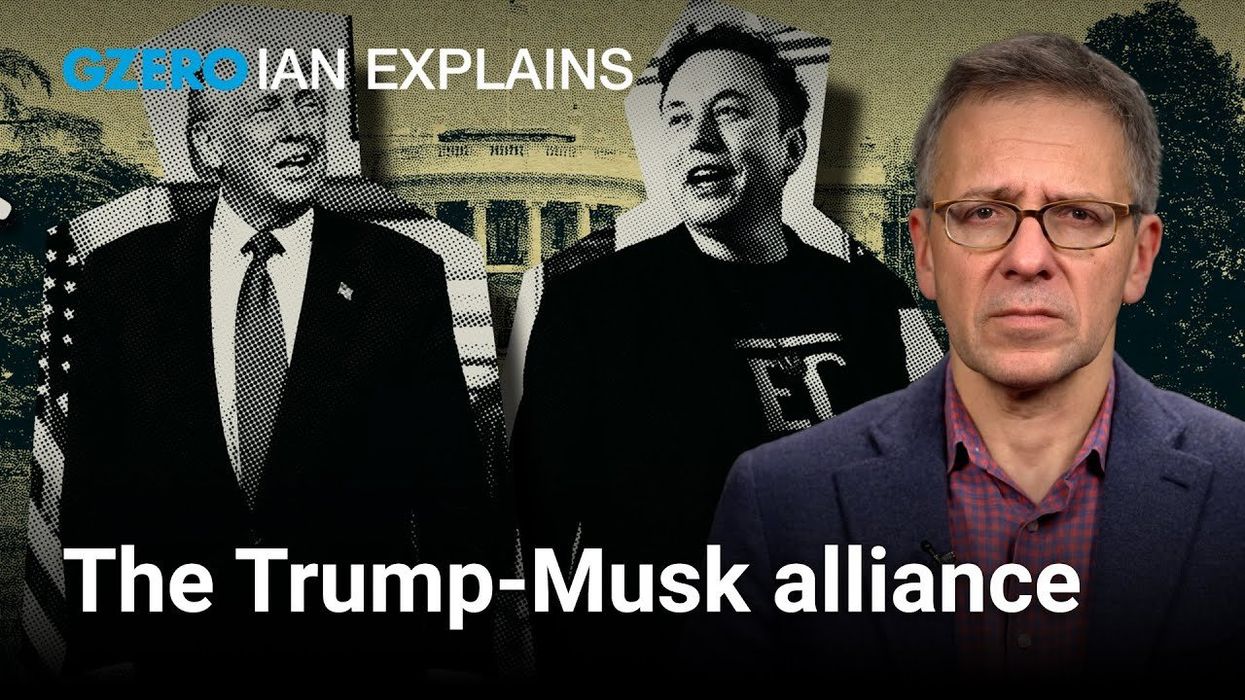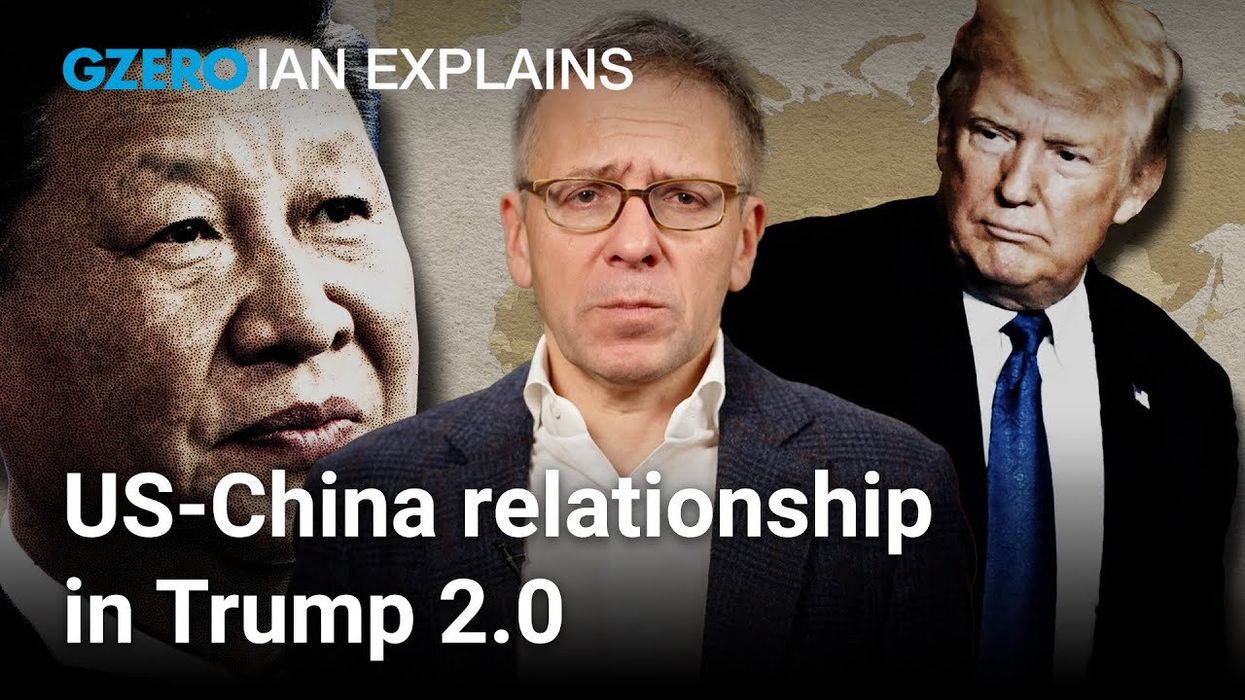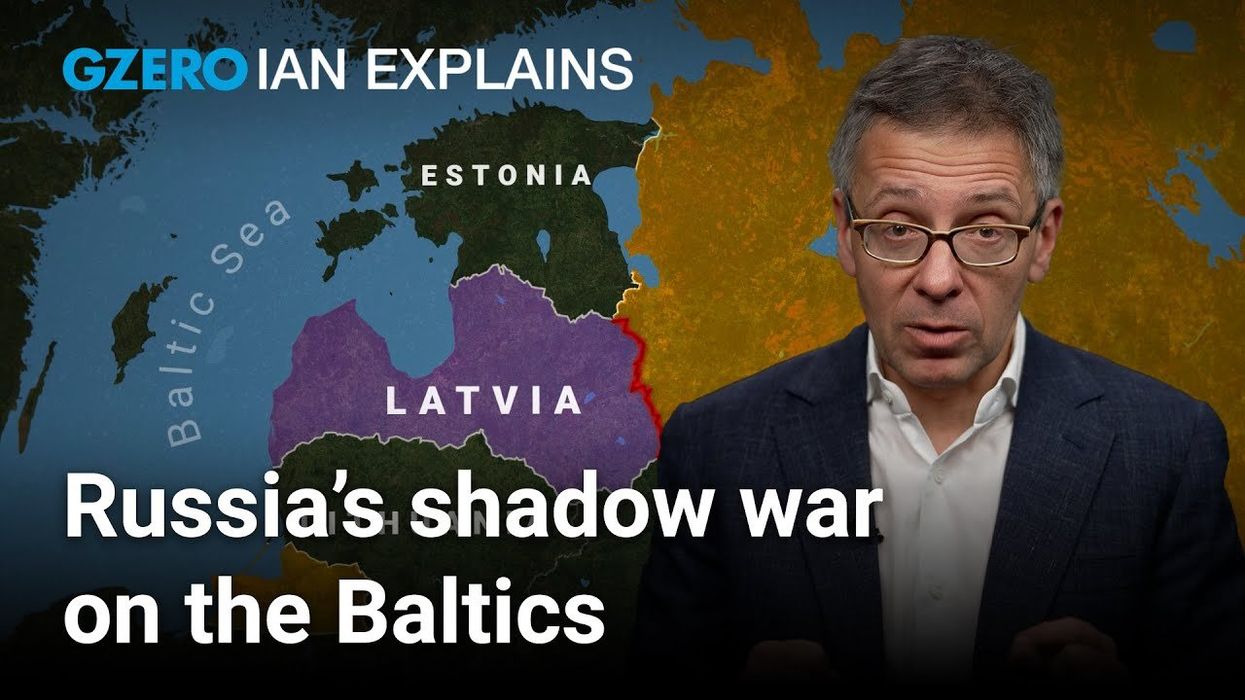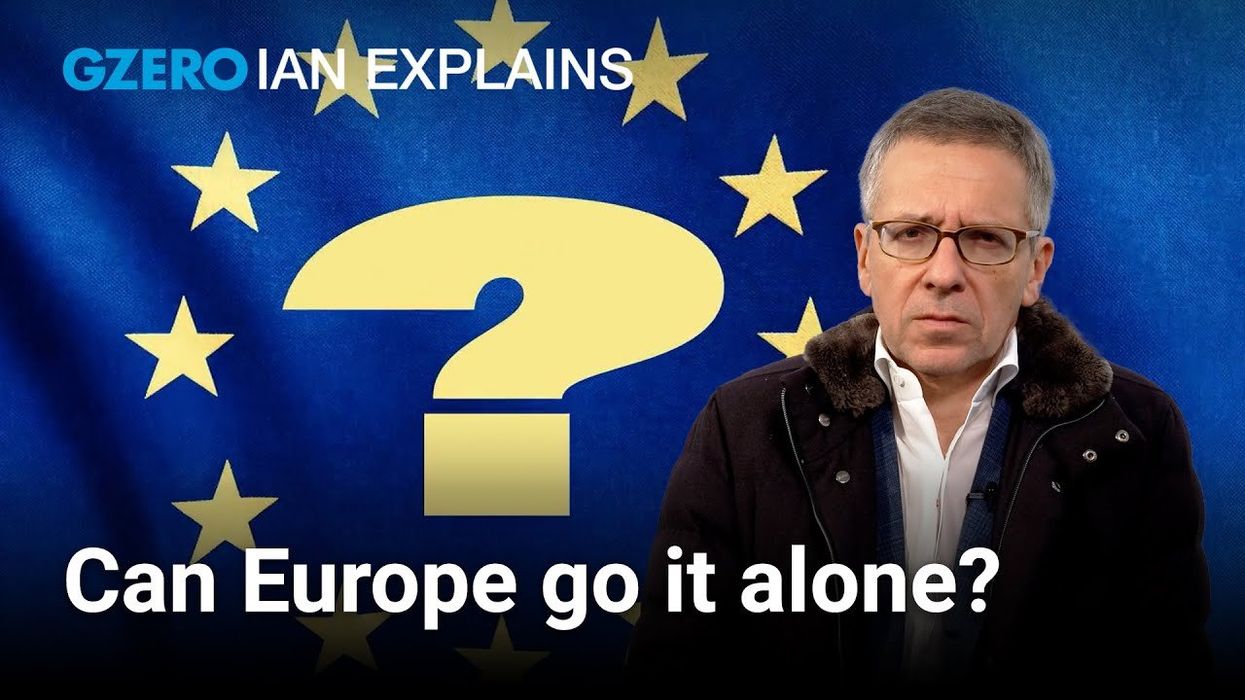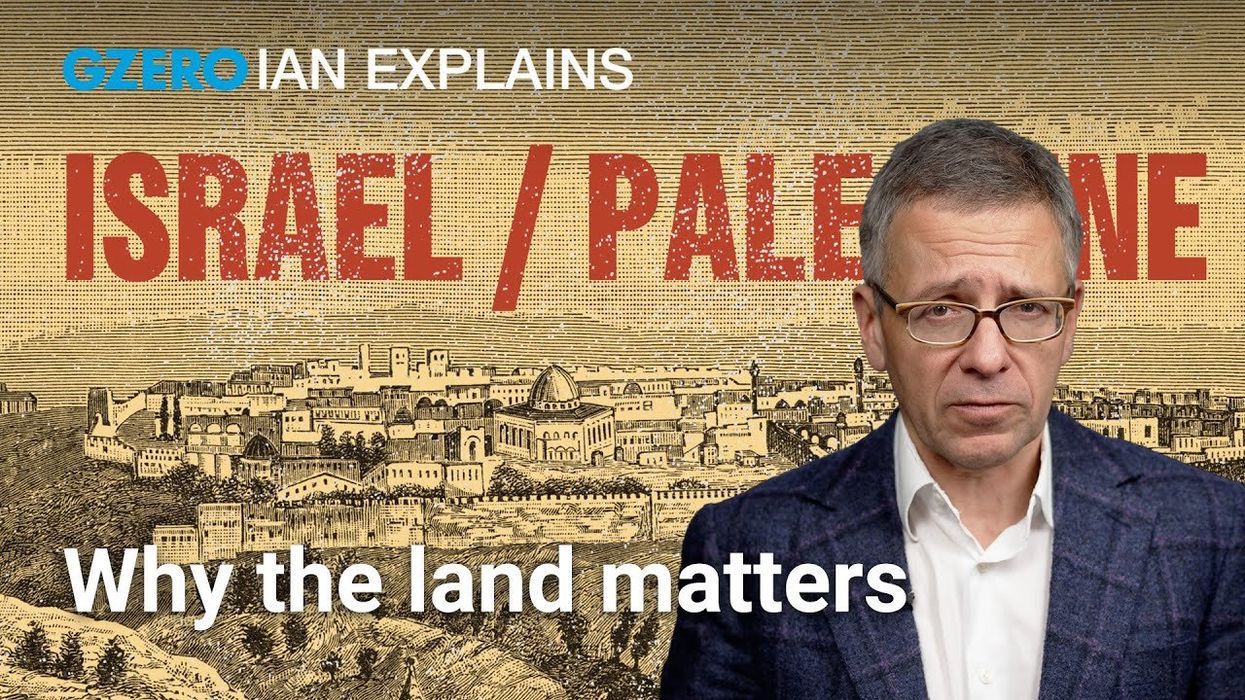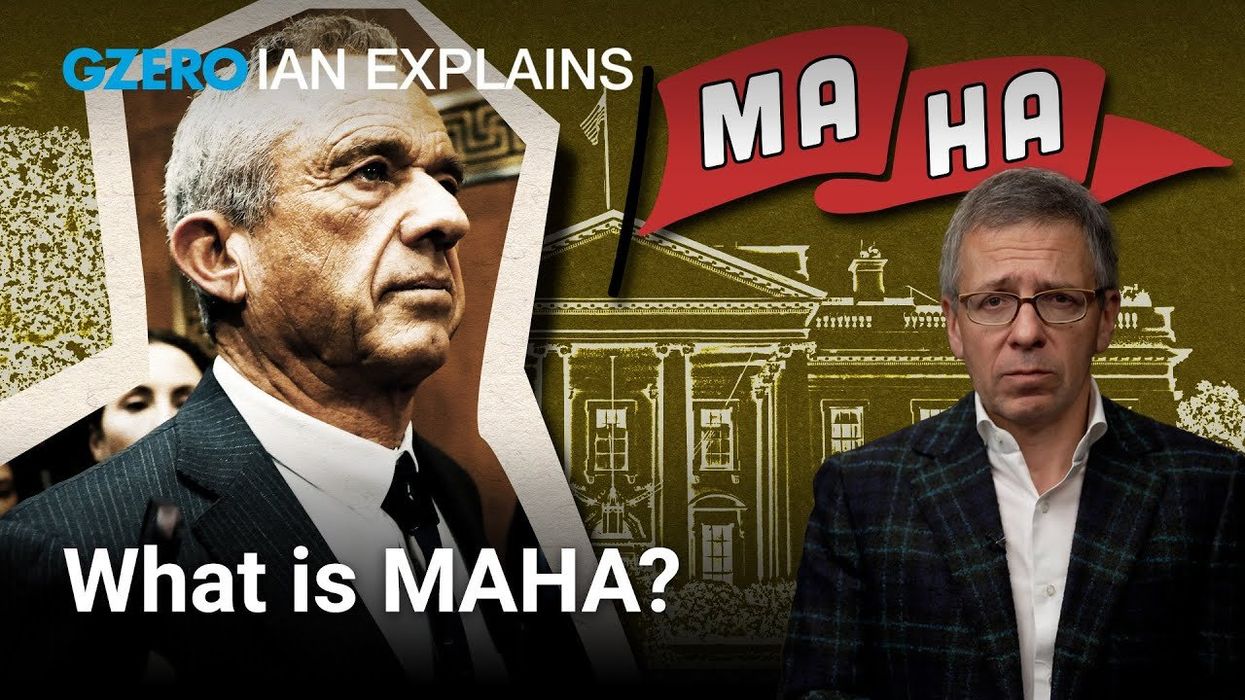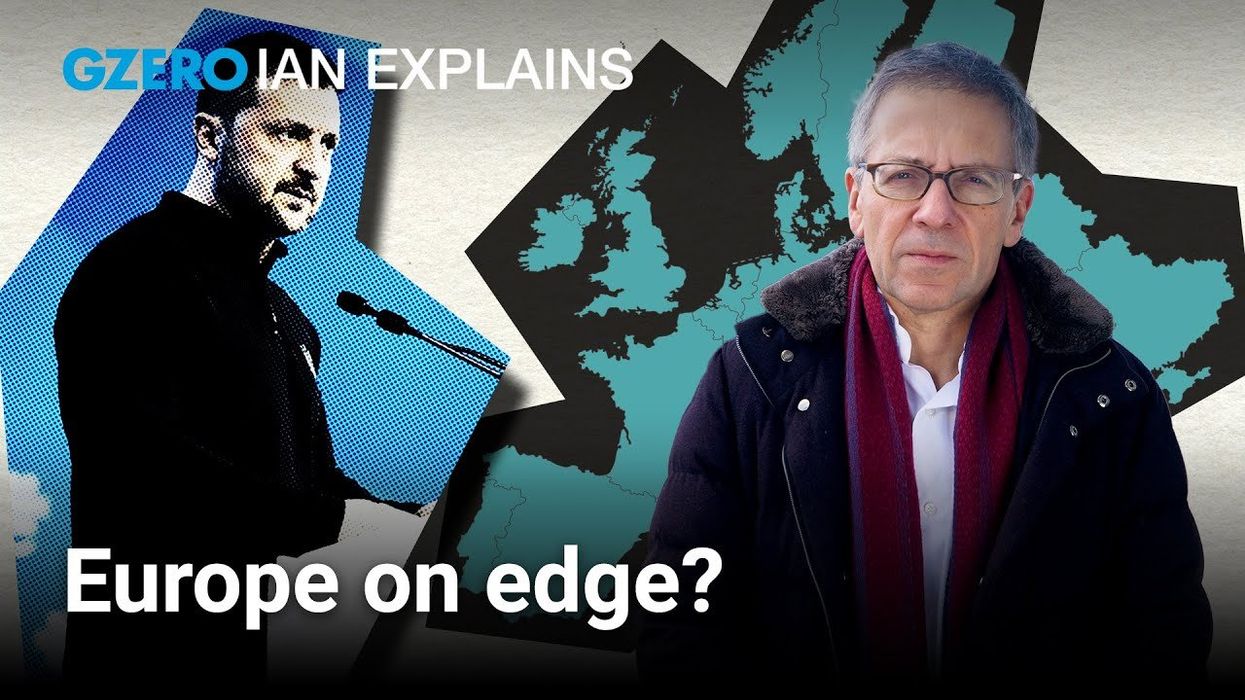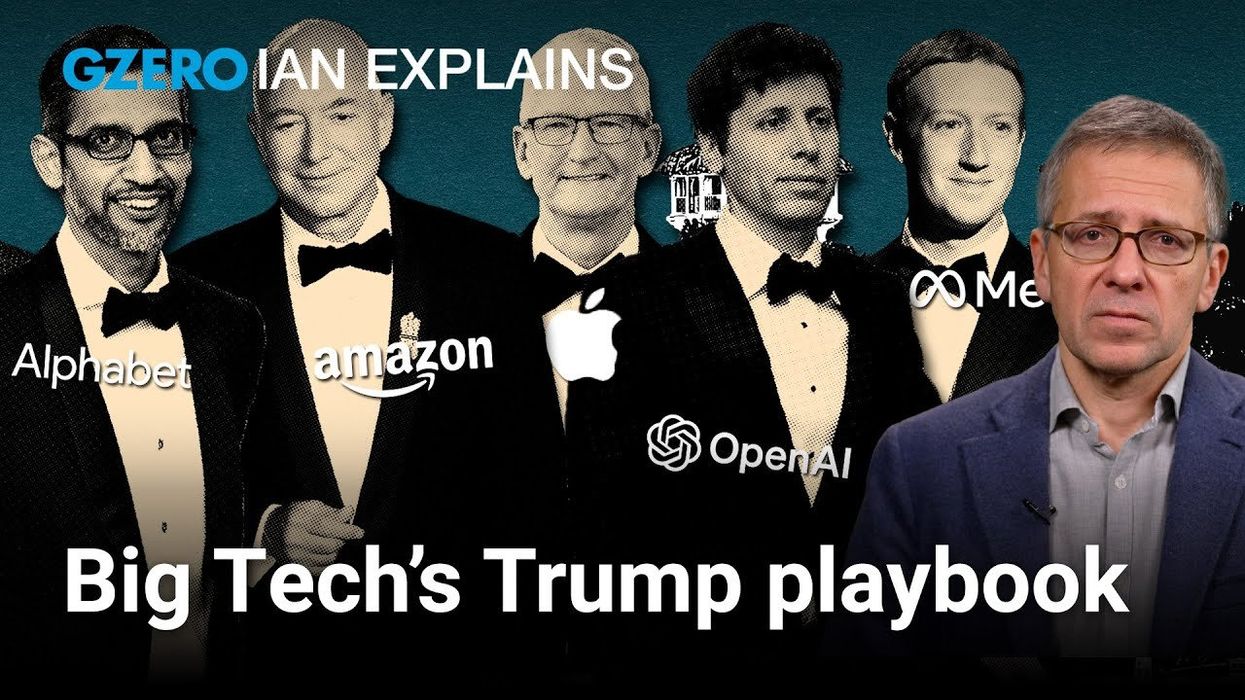VIDEOSGZERO World with Ian BremmerQuick TakePUPPET REGIMEIan ExplainsGZERO ReportsAsk IanGlobal Stage
Site Navigation
Search
Human content,
AI powered search.
Latest Stories
Start your day right!
Get latest updates and insights delivered to your inbox.
Will the United Nations be able to adapt to address problems of the modern era, like artificial intelligence and the growing digital divide? On Ian Explains, Ian Bremmer looks at the challenges of multilateralism in an increasingly fragmented world.
In the face of crises like Russia’s invasion of Ukraine, the war in Gaza, and a rapidly warming planet, the UN’s goals of peace and security feel like a failure. But this year’s Summit of the Future during the General Assembly could be a turning point for the 78-year-old institution. UN members will vote on a Global Digital Compact to regulate AI, fight misinformation, and connect the whole world to the internet. Bremmer is one of 39 experts on the UN’s High-Level Advisory Body who've been studying the issue of global AI governance for the past year to better understand what that Compact should include. This week, the group released a report called “Governing AI for Humanity” with recommendations for creating a global regulatory framework for AI that is safe, inclusive, and equitable. Instead of a patchwork of regulation that’s happened so far, which has been concentrated in wealthy countries, can the UN lead the global AI conversation?
GZERO World with Ian Bremmer, the award-winning weekly global affairs series, airs nationwide on US public television stations (check local listings).
New digital episodes of GZERO World are released every Monday on YouTube. Don''t miss an episode: subscribe to GZERO's YouTube channel and turn on notifications (🔔).
Keep reading...Show less
More from Ian Explains
Why India and Pakistan can't get along
August 15, 2025
Trump's tariffs are already changing global trade
August 01, 2025
Do nuclear weapons make a country safer?
July 11, 2025
Israel, Iran, and the US went to war. Now what happens?
July 05, 2025
How China would seize Taiwan without firing a shot
June 06, 2025
What is artificial general intelligence?
May 16, 2025
50 Years on, have we learned the Vietnam War's lessons?
April 25, 2025
Will Trump pressure Putin for a Ukraine ceasefire?
April 11, 2025
Will the Trump-Musk relationship last?
March 28, 2025
Did Wall Street get Trump wrong?
March 21, 2025
What is President Trump's stance on China?
March 14, 2025
Russia’s next target? Why the Baltics are wary of Putin
February 28, 2025
Can Europe defend Ukraine without US support?
February 22, 2025
Trump to Gazans: Does it matter where you live?
February 15, 2025
What's behind RFK Jr.'s "Make America Healthy Again" movement?
February 07, 2025
Is Europe ready to embrace Trump's return to power?
January 31, 2025
What does Big Tech want from Trump?
January 17, 2025
GZERO Series
GZERO Daily: our free newsletter about global politics
Keep up with what’s going on around the world - and why it matters.

